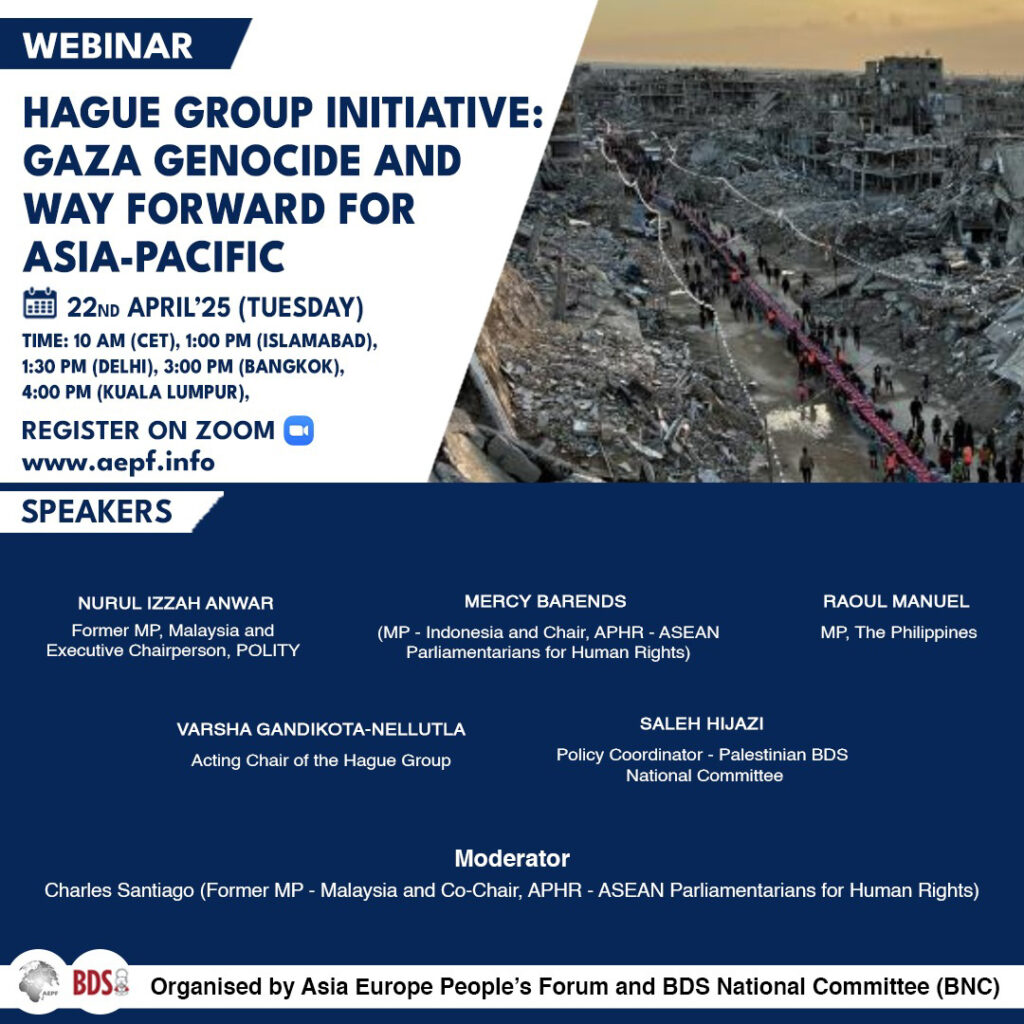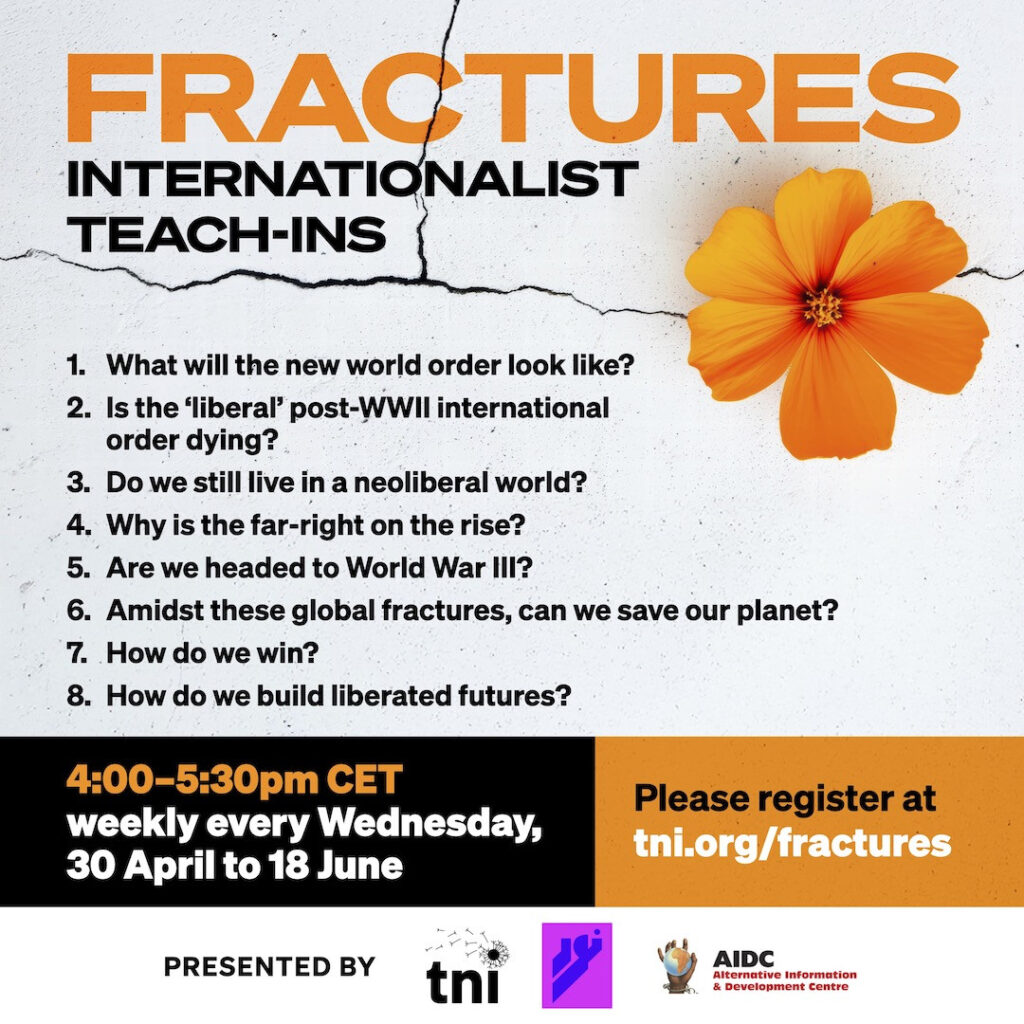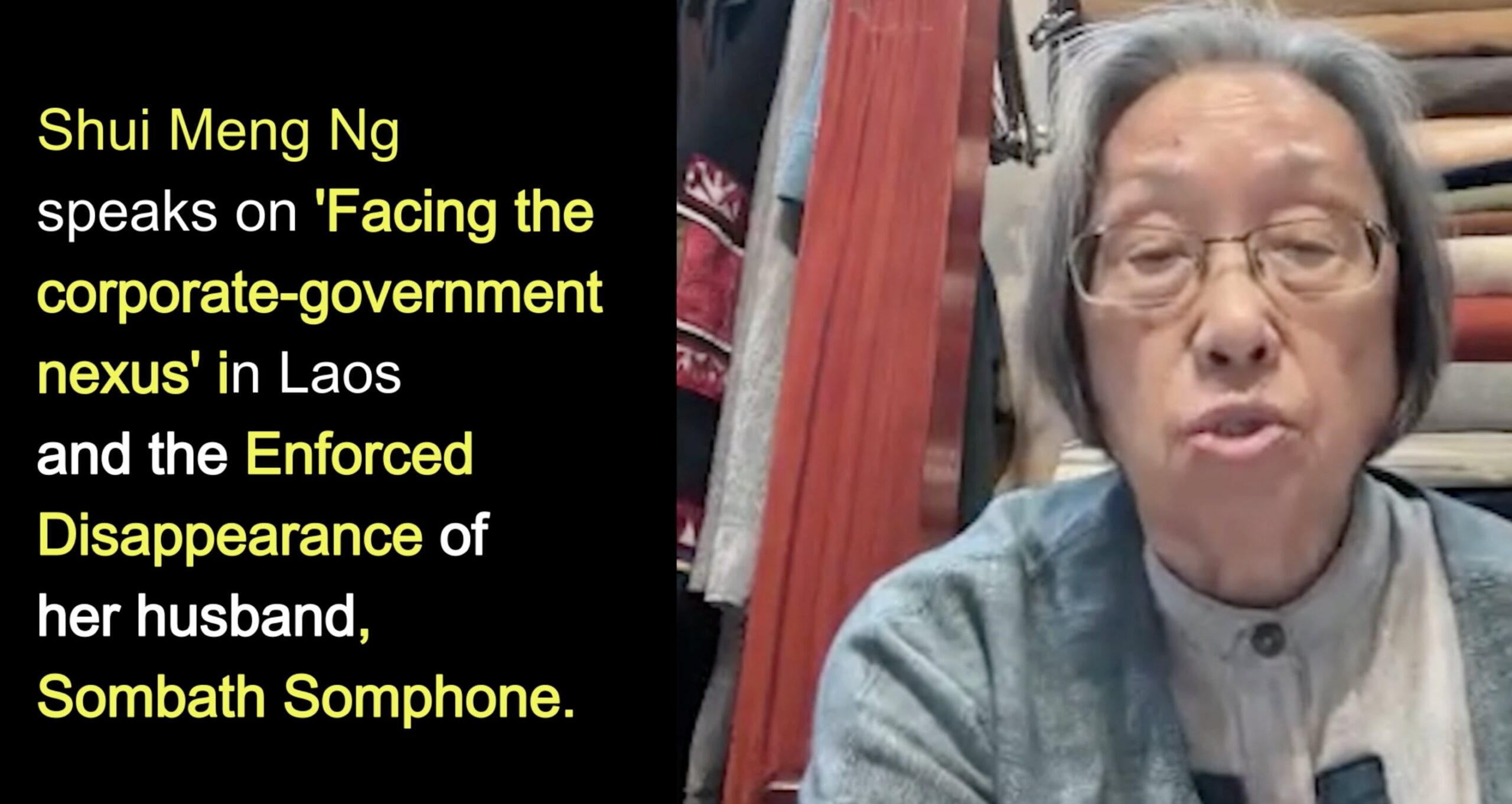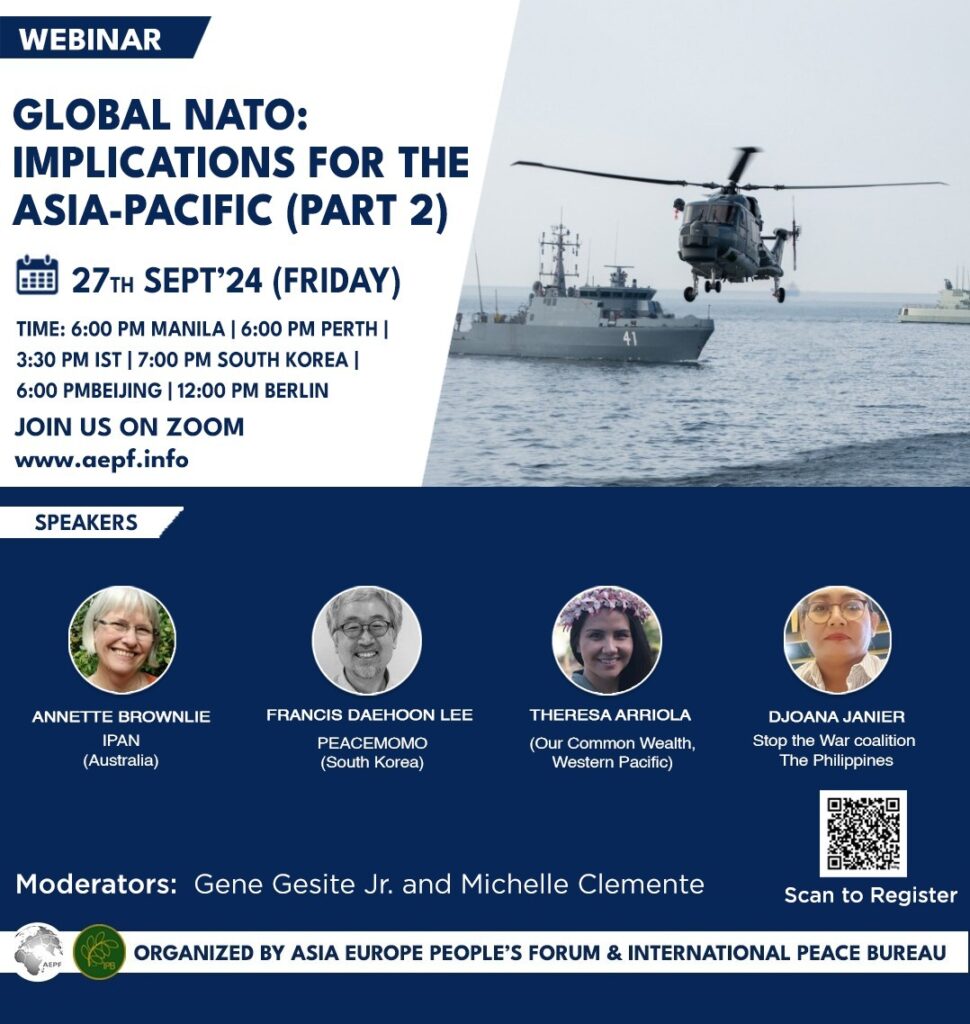Statement: Calling for De-escalation and Peace Between India-Pakistan
May 07, 2025
Statement: Calling for De-escalation and Peace Between India-Pakistan
The AEPF strongly condemns the terror attacks in Pahalgam-Kashmir on April 22, 2025. We condole with the families of the 26 civilian victims of this heinous crime. We call for credible investigation into this crime whereby all involved be brought to book. Terrorism in all forms is a criminal activity and has no place in any society and we believe the international community needs to address this issue collectively.

We are witnessing an escalation of war like situation in the Sub-Continent and raised militarist rhetoric as both sides have taken steps to curtail all diplomatic engagements and hurt each other. We believe that wars have serious long term impact on ordinary people and unknown consequences. The AEPF appeals that the Governments of India and Pakistan dial back from these tensions and that all stakeholders assist to de-escalate the atmosphere of war and tensions.
We in AEPF appeal the Governments of India and Pakistan to exercise restraint in this tense atmosphere. We believe that ‘This is not the age for war’ and that all governments take steps to practice this important dictum.











